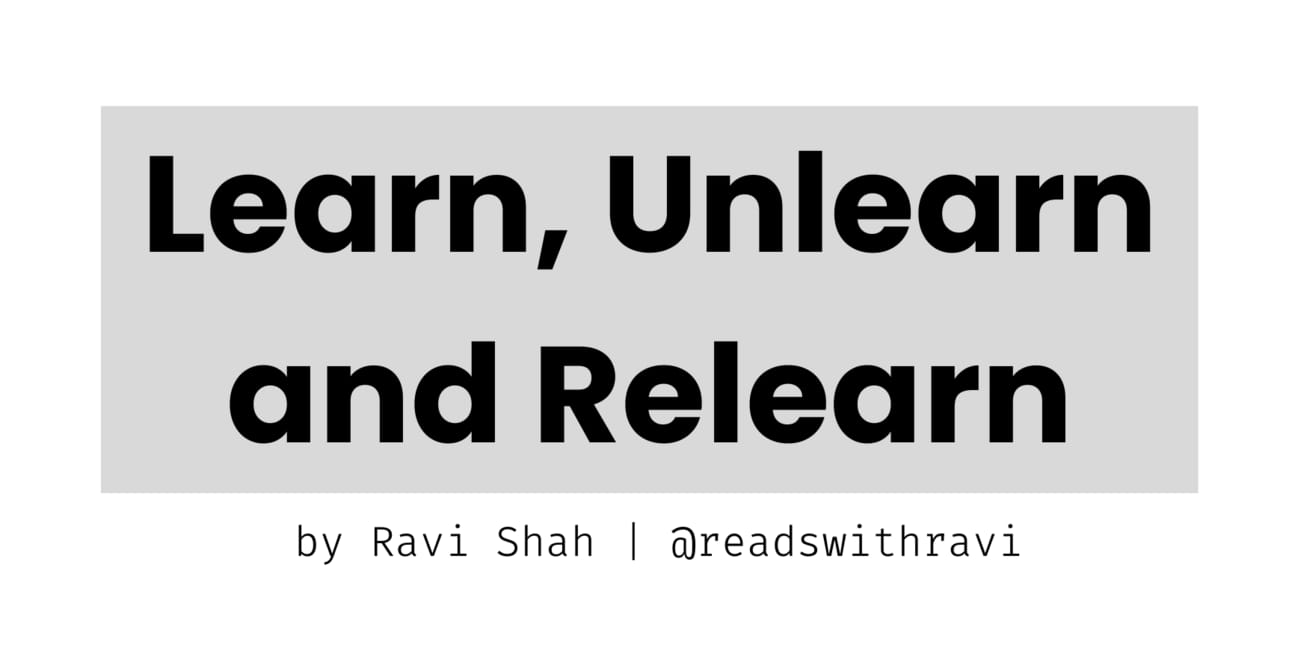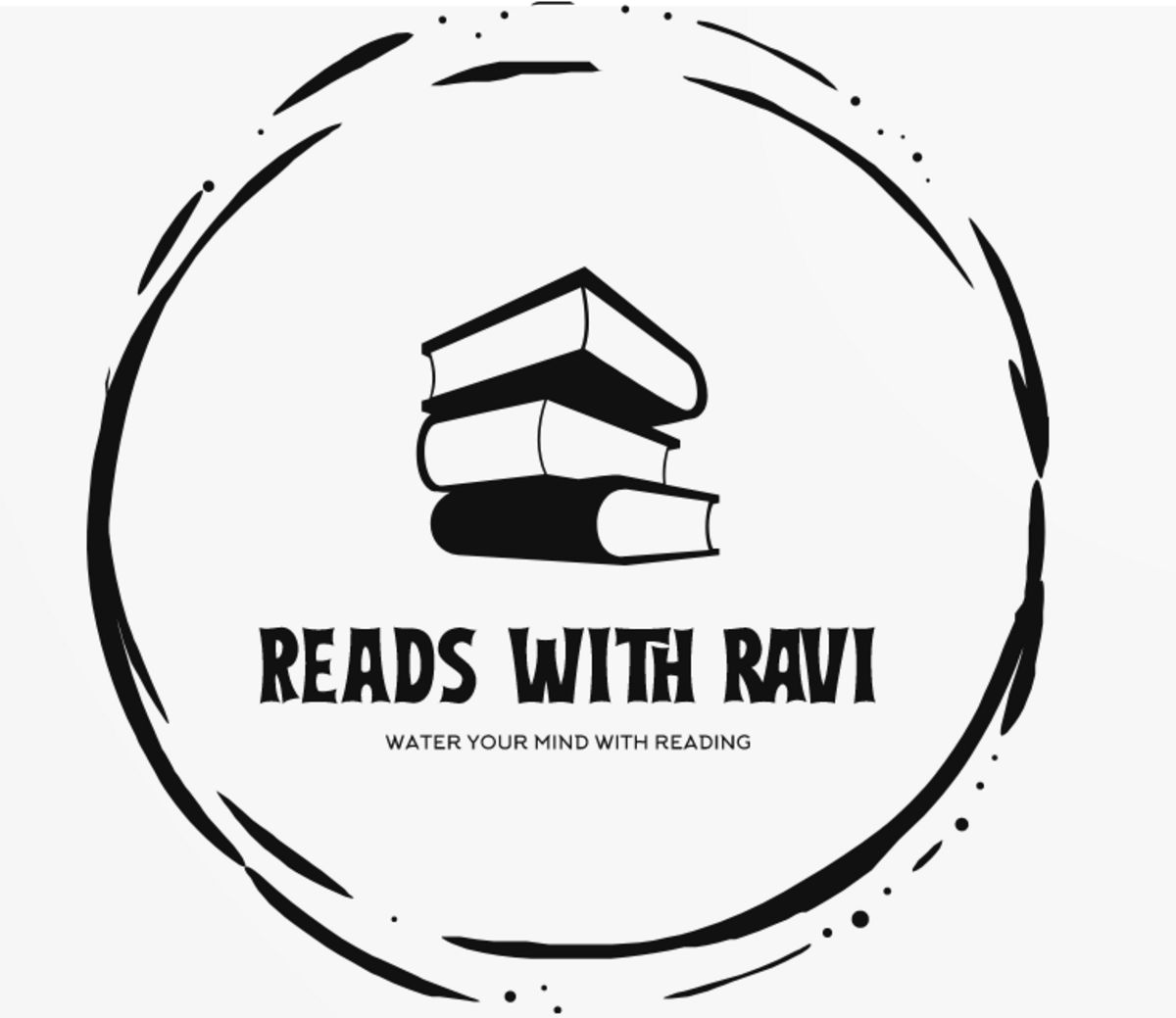
Happy Thursday folks!
Here is my favorite passage of the week, two quotes and book of the week with two important lessons to ponder on:
Passage of the Week:
Author and Entrepreneur Shane Parrish on acknowledging our mistakes and failures:

From Clear Thinking by Shane Parrish
Two Quotes:
“Always stick to what makes you weird, odd, strange, different. That’s your source of power.”
“The reading of all good books is like conversation with the finest men of past centuries.”
Book of the Week with 2 Important Lessons:
The book of the week is Atomic Habits: An Easy & Proven Way to Build Good Habits & Break Bad Ones by James Clear.

It is one of the most impactful books on habit formation that will help you achieve success that lasts. If you are looking to instill any new habits, I would highly recommend you get a copy of this book.
No matter your goals, Atomic Habits offers a proven framework for getting 1% better every day. In this book, James Clear reveals practical strategies that will teach you exactly how to master the tiny behaviors that lead to remarkable results. It will reshape the way you think about progress and give you the tools and techniques you need to transform your habits. One of the books, I re-read every year to check where I am in my life and track on my progress.
Here are two important lessons from the book:
1) How Our Habits Shape our Identity (and vice versa):
Many people begin the process of changing their habits by focusing on what they want to achieve. This leads to outcome-based habits. The alternative is to build identity-based habits. With this approach, we start focusing on who we wish to become. True behavior change is identity change. We might start a habit because of motivation, but the only reason we’ll stick with one is that it becomes part of our identity.
Improvements are only temporary until they become part of who we are.
· The goal is not to read a book, the goal is to become a reader.
· The goal is not to run a marathon, the goal is to become a runner.
· The goal is not to learn an instrument, the goal is to become a musician.
Our behaviors are usually a reflection of our identity. The biggest barrier to positive change at any level (individual, team, society) is identity conflict. Good habits can make rational sense, but if they conflict with our identity, we will fail to put them into action. Progress requires unlearning. Becoming best version of ourself requires us to continuously edit our beliefs, and to upgrade and expand our identity.
Two-step process to changing our identity:
I. Decide the type of person you want to be.
II. Prove it to yourself with small wins.
2) The Best Way to Start a New Habit:
Many people think they lack motivation when what they really lack is clarity. It is not always obvious when and where to take action. Some people spend their entire lives waiting for the time to be right to make an improvement.
Once an implementation intention (a plan you make beforehand about when and where to act) has been set, we don’t have to wait for inspiration to strike. When the moment of action occurs, there is no need to make a decision.
The simple way to apply this strategy to our habits is to fill out this sentence:
I will [BEHAVIOR] at [TIME] in [LOCATION].
Examples:
· Meditation: I will meditate for one minute at 7AM in my kitchen.
· Reading: I will read for thirty minutes at 6:30AM in my study room.
· Exercise: I will exercise for one hour at 5PM in my local gym.
· Marriage: I will make my partner a cup of tea at 8AM in the kitchen.
Give your habits a time and a space to live in the world. The goal is to make the time and location so obvious that, with enough repetition, we get an urge to do the right things at the right time, even if we can’t say why. And one of the best ways to build a new habit is to identify a current habit we already do each day and then stack our new behavior on top (Habit Stacking).
Books I am currently reading:
After the North Pole: A Story of Survival, Mythmaking, and Melting Ice by Erling Kagge. The Norwegian explorer, philosopher and acclaimed writer tells of his historic 58-day journey to the North Pole on skis in this provocative memoir that is a profound meditation on nature and the history of explorers' obsession.
Win the Inside Game: How to Move from Surviving to Thriving, and Free Yourself Up to Perform by Steve Magness. It is focused on achieving sustainable success by shifting from a high-stress, externally driven mindset to one centered on inner fulfillment and clarity.
READING TIP: Read actively by Taking Notes and Highlighting
Reading actively means taking notes or highlighting the important insights or creating an action plan out of your reading to apply to your daily life.
Writing helps you remember, and these highlights can also be the source for your next read.
Thank you for reading and all your support.
I am excited to keep bringing you the new and old books, great insights, and lessons.
Until next week, stay curious and happy reading!
— Ravi Shah | @readswithravi

